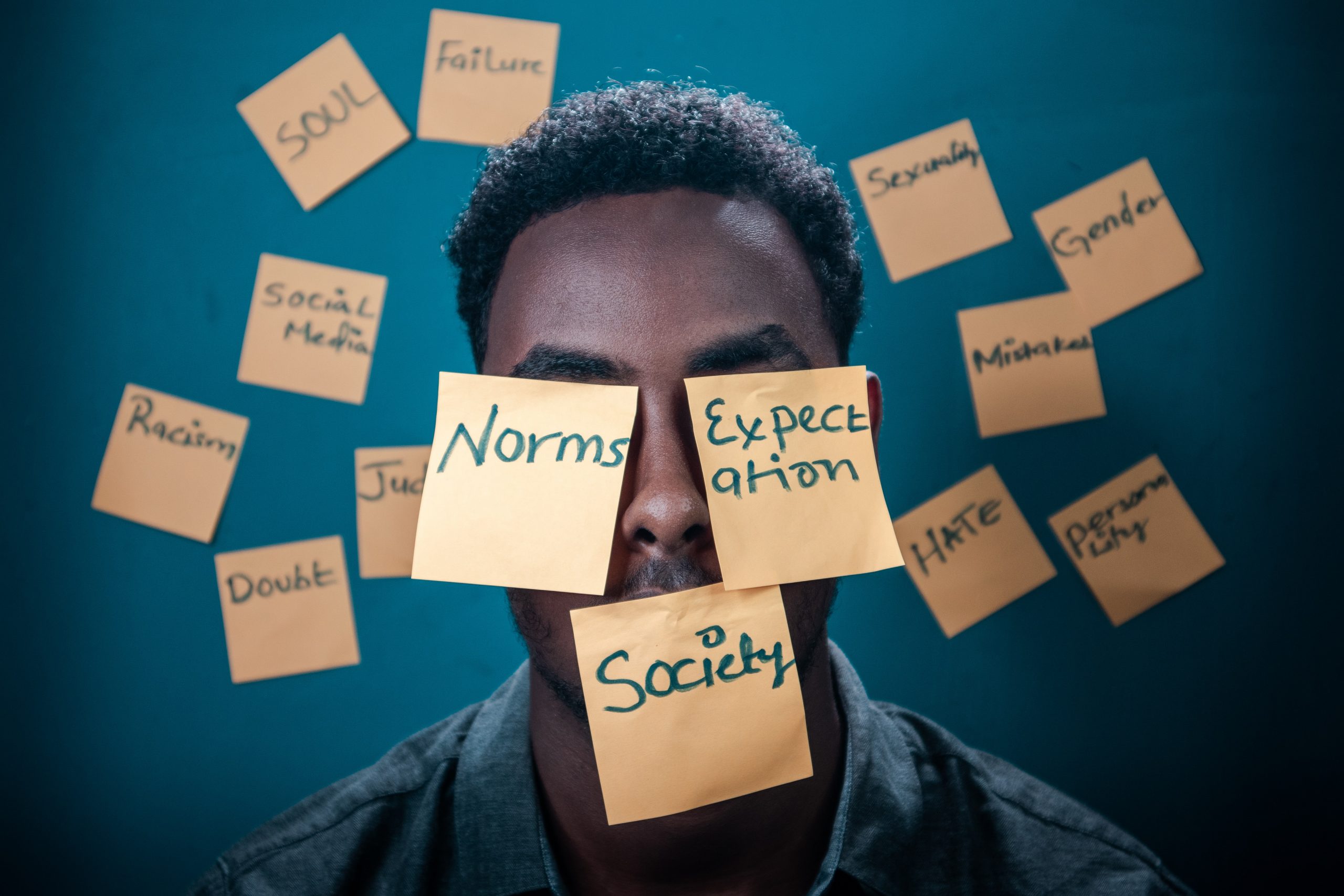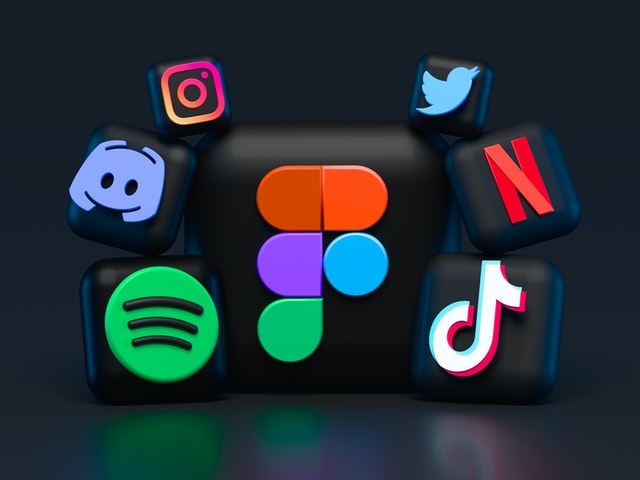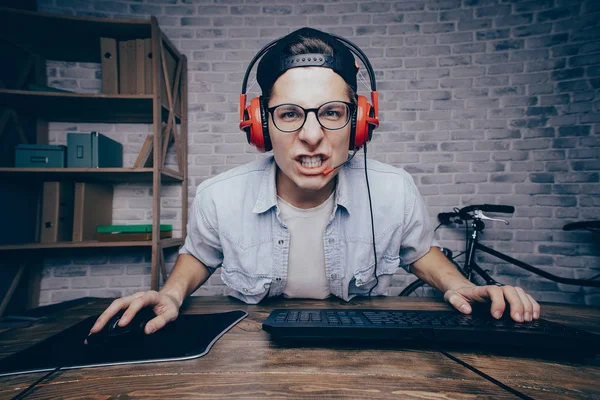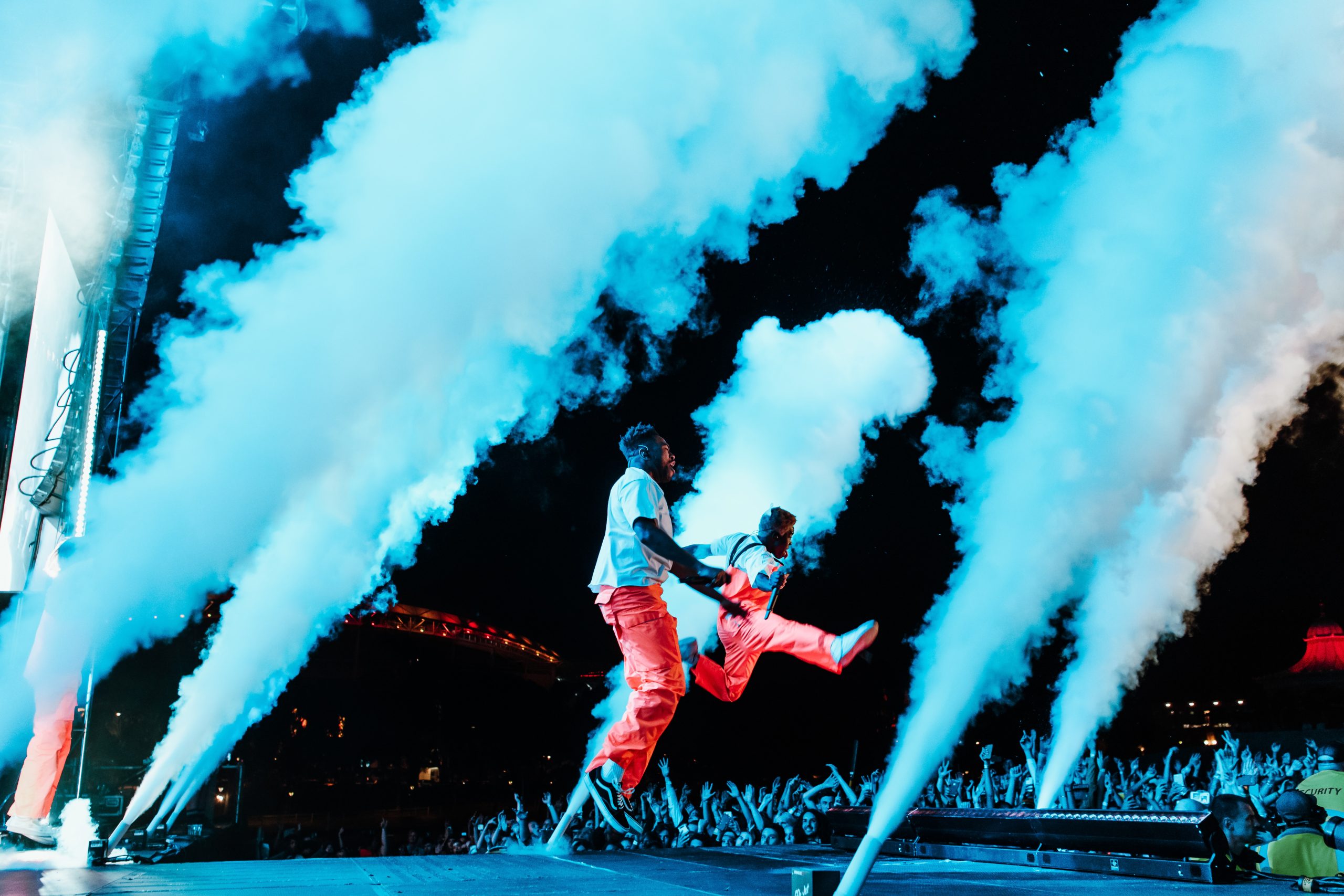Social media. Where to begin? Social media is an overly discussed topic – and this is well-founded. Facebook, Twitter, Instagram, YouTube, Snapchat, and TikTok all have in common that they are social platforms and have grown considerably in the last years. Therefore, it is of course a hot topic – we are on social media, where we talk about social media. This often leads to social media becoming the main suspect in the subsequent problems that emerge with our mental health. But is there really a reason for this concern? This is the question that I will focus on in this blog post.
The good
First, we have to establish the positive side of social media. Social media gives us an easier daily life. We can listen to music, call our friends, write to our family, share our life, find the way to a destination, write e-mails to our colleagues, order food and much more. The benefits of social media are almost endless, and most of the time they make our everyday life easier. In the wake of COVID-19 we’ve all experienced the positive sides of social media. It has been possible to connect with family and friends that we weren’t able to meet up with in person. Furthermore, most of the people around the world were able to continue their work from home, and that’s thanks, in part, to different social media platforms.
Social media have even more positive sides – even though it’s not always obvious. Social media creates platforms where people can find like-minded people and sometimes get the feeling that they belong to something – such as a community or a group with the same interests. This is a positive impact of the social media movement, and I would say that it has brought a lot of good things to societies around the world. You are able to connect with people that you haven’t even met in real life, and that’s something truly extraordinary.
The bad
Okay, now the other side of the coin – the negative side of social media. Social media has been criticized quite a lot the last few years, and this is well founded. As we become more and more digital, we’re also getting more addicted to always being online, and the constant yearning to show our digital community, what we are doing, where we are, and portray our lives more beautiful and perfect than it really is. And this is a repetitive case with many users on social media, which furthermore drives us to compare each other. There is nothing wrong with comparison, if you’re using it to compare real life and factual cases, but this is not the case on social media. In this matter, the comparison happens on a false premise, because the real-life picture is beautified through a filter. It is not a real version of the social media user’s life, and its engendering unrealistic goals for those that compare.
The ugly
And you might think – “What is the ugly in all this?” That is the tricky part. We have the good effects of social media, and we have the bad effects. And there’s no clear line between these two, it’s a blurry, gray area, where people can’t keep up. You might recognize it yourself – you’d like to be more present with your family, and therefore you put away your phone while eating at the dinner table. The ideal situation would be that you just threw away your phone or your social media account, and then it would not be such a big problem. But you would also like to be connected with the friends that you found during your trip to Australia, and social media is making that possible. This is the ugly part, in which I titled this blog post. It’s a gray area, and we need to figure out a way to make the lines clear.
What to do?
We should start thinking about how we can use social media in a positive way and be more aware of the bad sides. You can start by not filtering your Instagram-posts, set up an actual event in real life with your friends, unfollow the accounts that make you feel bad about yourself, start using nature or any outside area as a place, where you can be present without any online presence. I’m already doing some of these things, but it’s hard and it takes a lot of practice and time. But be patient and you will learn in time. And let’s be social outside social media also!



